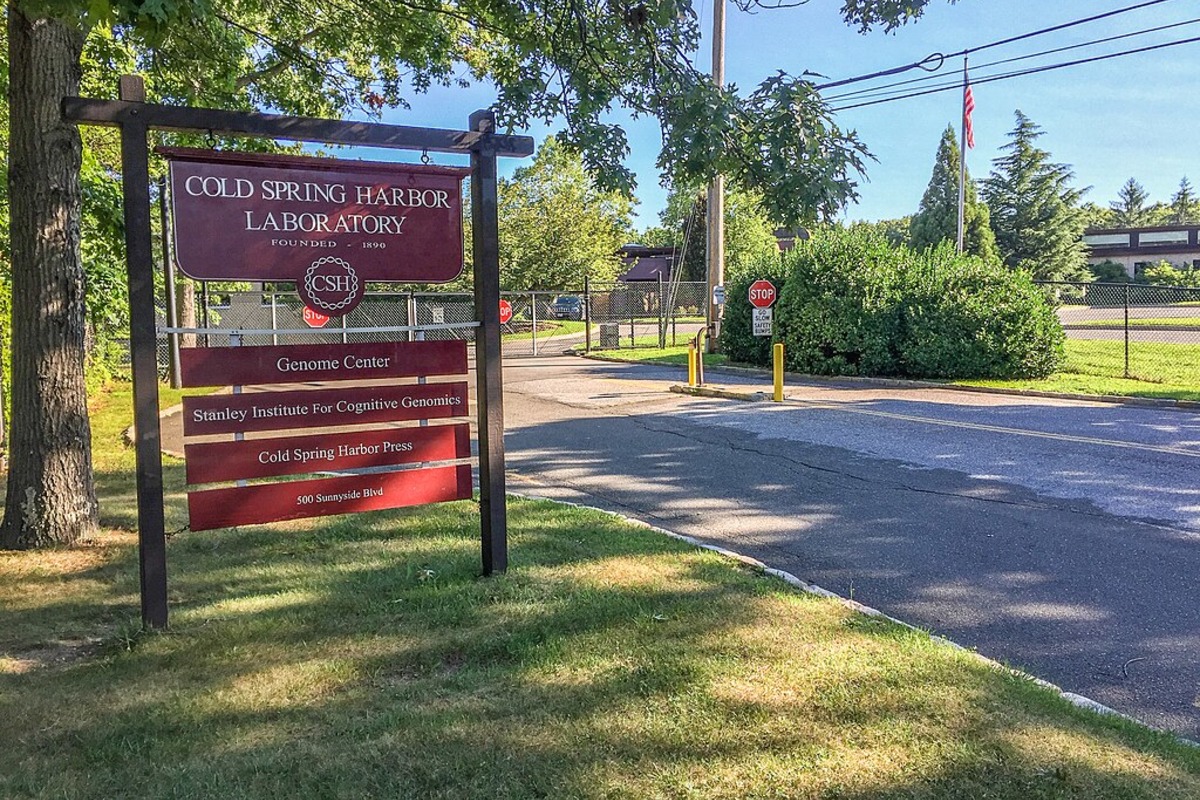In a significant stride towards tackling one of the deadliest cancers, researchers at Cold Spring Harbor Laboratory on Long Island have pinpointed a method to possibly slow down the progression of pancreatic cancer by targeting a tandem of proteins. According to the New York Post, this medical breakthrough could intercept the spread of pancreatic cancer with the newfound knowledge concerning proteins FGFR2 and EGFR.For patients grappling with this aggressive illness, the laboratory's discovery brings a glimmer of hope.
FOX 5 New York reports that Claudia Tonelli, a diligent researcher at CSHL, conducted studies on early versions of pancreatic cancer. These efforts have led to a pivotal finding: "These two proteins, together, can make the cells become malignant," Tonelli said. Individuals like Bill Reindl, who face a lifetime of chemotherapy for stage 4 pancreatic cancer, now have a potential "second chance," as voiced by his hopeful daughter, Amy Pollaci, in an emotional statement to FOX 5.

But the current status quo for pancreatic cancer prognosis is harsh. It's an ailment often caught in advanced stages, largely because early detection is tremendously challenging; tumors within the pancreas remain elusive during routine check-ups due to the organ's deep location within the body, as echoed by the American Cancer Association. With pancreatic cancer predicted to become the second-deadliest cancer in America by 2030, this scientific advancement cannot come soon enough for many.
Cold Spring Harbor Laboratory has laid the groundwork for a potential paradigm shift in treating this formidable disease. By successfully inhibiting FGFR2 and EGFR in mice, and its potential application in humans looming on the horizon, researchers have taken an audacious step forward. Tonelli, expressing the potential of these findings, suggested that “With an increasing number of FGFR2 inhibitors entering the clinic, our study lays the foundation to explore their use in combination with EGFR inhibitors for pancreatic cancer interception,” in a statement to the New York Post.
This research may soon be translating hope into reality for those with a family history of pancreatic cancer, who Tonelli believes should be first in line for their new treatment.Amy Pollaci's reaction to the research, shared with FOX 5 News: "It's a golden ticket, a second chance.".
Health

Long Island Lab's Cancer Crusade, Pioneering Duo-Protein Tactic Could Stall Deadly Pancreatic Cancer

Researchers at Cold Spring Harbor Laboratory identify a method to slow pancreatic cancer by targeting proteins FGFR2 and EGFR.















